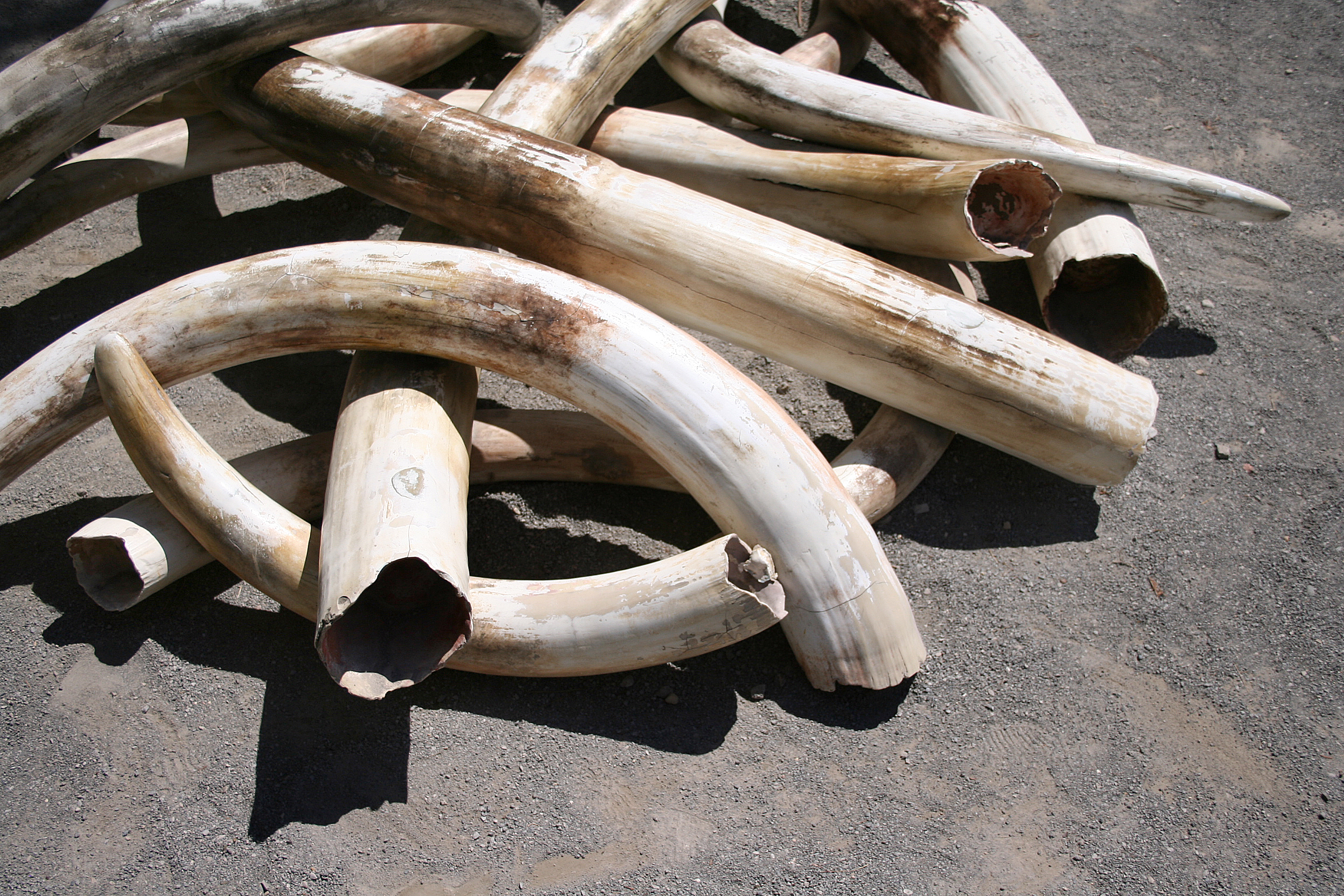
Darwin’s theory of evolution based on natural selection is proving true once again, except this time it seems like humans are to blame for the quiet genetic evolution taking place.
Researchers in Africa have discovered a tuskless trend growing in female elephants, one they’re beginning to directly correlate to heavily poached areas.
According to a report in National Geographic, female pachyderms in wild, unpoached populations are only four per cent likely to be born without tusks. But in Mozambique’s Gorongosa National Park, where civil war has led poachers to kill for ivory and meat, 32 per cent of female elephants are now tuskless. Meanwhile in Tanzania’s Ruaha National Park, 13 per cent of female elephants aged five-to-25 years old have no tusks, and according to researchers at the time a whopping 98 per cent of the 174 females in Addo Elephant National Park reportedly had no tusks in the early 2000s.
Battle of the sexes
So why are only females evolving with this trait? It’s one of the questions scientists hope to tackle. Male elephants have heavier tusks, which makes them prime targets for ivory-hungry poachers to target first. But in areas where poaching has wiped out large populations, hunters revert to killing the older females.

“The prevalence of tusklessness in Addo is truly remarkable and underscores the fact that high levels of poaching pressure can do more than just remove individuals from a population,”
behavioural ecologist Ryan Long told the publication. The “consequences of such dramatic changes in elephant populations are only just beginning to be explored.”
The genetic evolution isn’t exclusive to females, though.
Studies have indicated that male African elephants are evolving to have lighter and smaller tusks as well—assumingly in a bid for survival against humans.
Then there are the breeds of pachyderms with no tusks at all. Asian elephants vary from area to area and by population, but the females are tuskless as are many of the males. The difference between the two species and why they have evolved this way is still a bit of a mystery.

Saving Themselves
Historically elephant tusks–which are basically modified incisors–serve multiple purposes, from helping the animals dig and root holes for water, to debarking trees, to competing for females come mating season.
From the anecdotal research done to-date it appears as though the tuskless elephants are no worse off than their tusk-spouting counterparts in terms of making it in the wild.
However, scientists warn that more information—including a formal comparison study—is needed before chalking this up as an evolutionary win. Whether these animals need to travel longer to secure food and also how their evolution affects other animals that rely on the ecosystems that tusks create remains unclear.
“Any or all of these changes in behaviour could result in changes to the distribution of elephants across the landscape, and it’s those broad-scale changes that are most likely to have consequences for the rest of the ecosystem,” Long said.
“[Elephants’] role as a keystone species to topple trees and dig holes to access water is important for a variety of lower species that depend on them.”
A clearer future
According to National Geographic the research is just getting started. Long and a team of ecology and genetic researchers have assembled to see how tuskless elephants navigate their environment and what kind of a larger impact they could have on their ecosystems. They began digging in last summer, tracking six adult females in Gorongosa—three with tusks and three without—from three different herds. The plan is to monitor their movements via GPS collars for a couple years, taking dung samples to evaluate diet and intervening if and when the batteries run out.
Meanwhile communities are hoping the evolutionary discovery offers hope to the more dire forecasts that elephants are facing permanent extinction as a result of poachers continuing business as usual, despite ongoing ivory trade bans.
“More work is needed to save elephants from extinction,”

wrote former US Secretary of State James A. Baker III in a USA Today op-ed recently. “Two big markets for ivory—the European Union and Japan—should also ban the domestic ivory trade, which encourages illegal activity. Driven by criminal syndicates in Africa and Asia, elephants are poached for the high value of their tusks when carved into sculptures and trinkets.”
